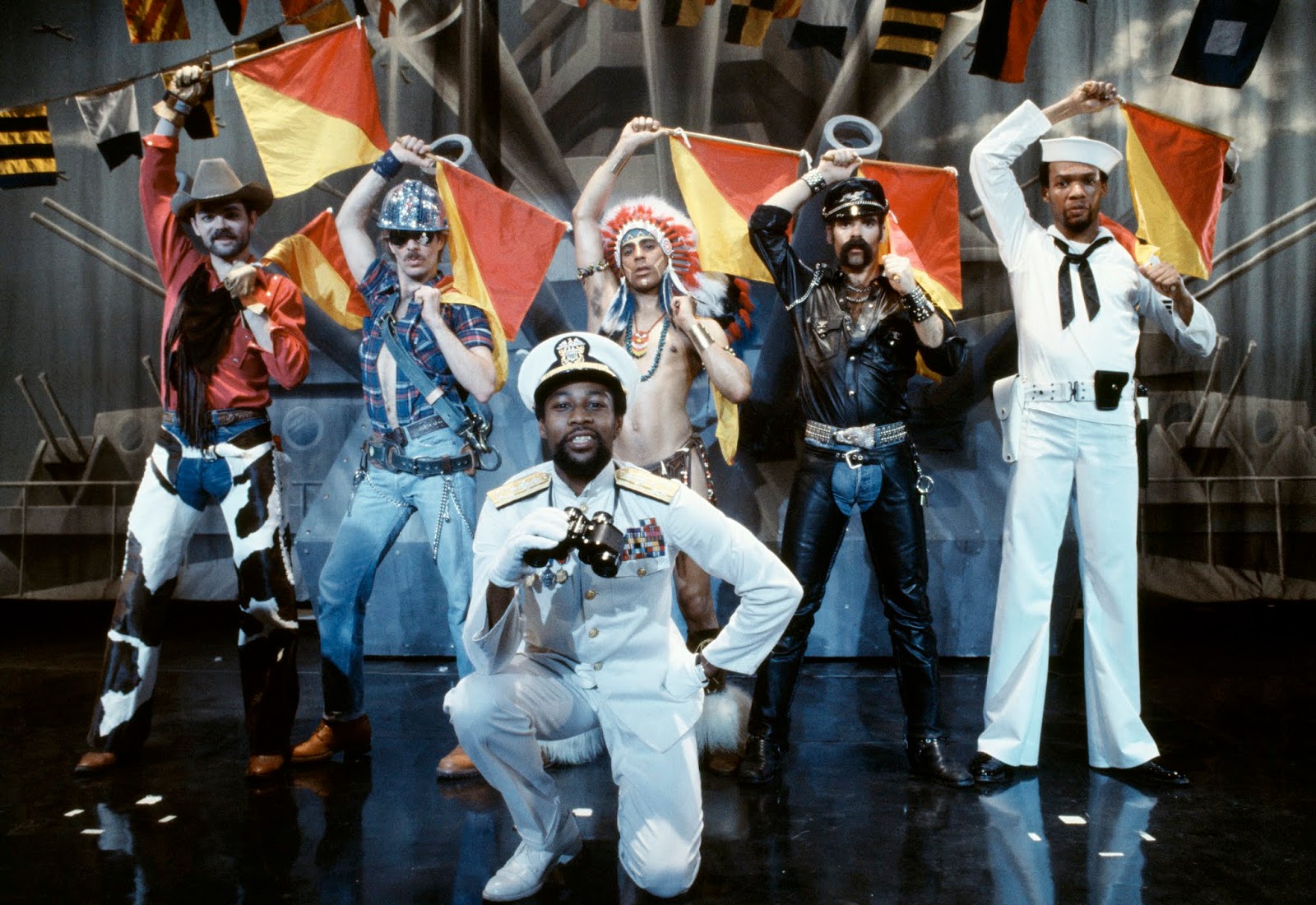One Way or Another (and a Tip for Remembering the Difference)
I mostly don't observe the difference between these two usages in everyday editing except when only two people or things are involved, although for formal writing or when someone requests that I stick to strict rules of standard written English, I revise accordingly:
Why don't I care so much about the difference?
For starters, most people reading or listening to the phrase will be able to determine the meaning from context, with each other being the predominant phrasing used by most speakers of American English (and probably UK English as well, but that's a guess).
The second reason is because the distinction is tenuous in many cases anyway; to wit, in our second example, do the people in the village care about one another simultaneously or about each other one at a time but as a collective?
In summary, when the situation is two people or things, use each other so you don't risk annoying a pedantic English freak or simply making someone pause a bit (as I typically do) at the slight transgression in usage. But you needn't worry about it too much when referring to large groups and their various interactions.
If you do choose to make the formal distinction, here's how to remember it without having to look it up:
Think of one another as "one and another and another and another and another." Thus, more than two. Conversely, "each other and other and other and other" doesn't really make sense. So each other means just two.
Roll, Buckeroos, roll. Just don't let your mom catch you rolling behind the barn.
- Use each other to refer to two people or things—e.g., "Edie and Bill didn't care about each other."
- Use one another to refer to more than two people or things—e.g., "The people of the village cared about one another."
Why don't I care so much about the difference?
For starters, most people reading or listening to the phrase will be able to determine the meaning from context, with each other being the predominant phrasing used by most speakers of American English (and probably UK English as well, but that's a guess).
The second reason is because the distinction is tenuous in many cases anyway; to wit, in our second example, do the people in the village care about one another simultaneously or about each other one at a time but as a collective?
In summary, when the situation is two people or things, use each other so you don't risk annoying a pedantic English freak or simply making someone pause a bit (as I typically do) at the slight transgression in usage. But you needn't worry about it too much when referring to large groups and their various interactions.
If you do choose to make the formal distinction, here's how to remember it without having to look it up:
Think of one another as "one and another and another and another and another." Thus, more than two. Conversely, "each other and other and other and other" doesn't really make sense. So each other means just two.
Roll, Buckeroos, roll. Just don't let your mom catch you rolling behind the barn.



Comments
Post a Comment